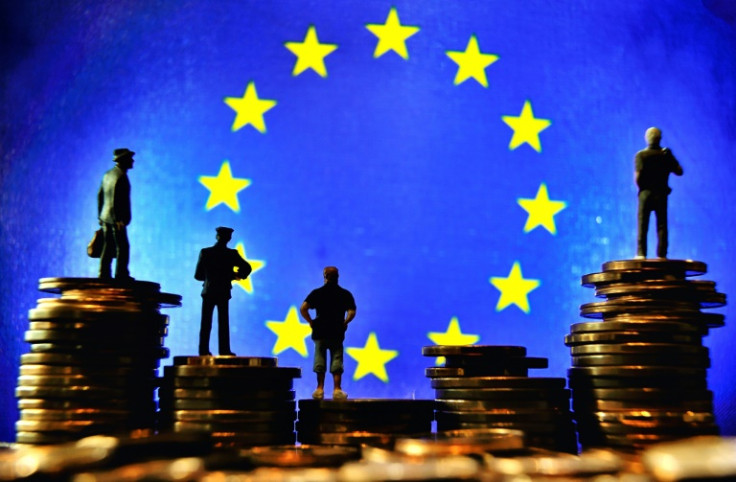
EU states and lawmakers will hold final-stretch talks on Friday to try and strike a deal on budget reforms aimed at boosting investment while keeping spending under control.
The European Union has spent two years making an intensive effort to develop reforms supported by the more frugal member states like Germany and other countries, such as France and Italy, which seek more flexibility.
After much wrangling between Berlin and Paris, the 27 member states struck a deal in December and then began talks with negotiators from the European Parliament.
The reforms will be formally adopted after agreement between lawmakers and states.
The current rules are known as the Stability and Growth Pact, and limit countries' debt to 60 percent of gross domestic product and public deficits to three percent.
They have been, however, suspended since the coronavirus pandemic to give member states wiggle room to spend more during a period of great economic upheaval.
During the initial debates between countries, the battle was fierce over how much those old limits should be relaxed to give more room for investment.
With war raging in Europe and the EU making a green transition push, states led by France argued for allowing more space to finance these key areas, including for example, supplying critical arms to Ukraine.
The text proposes looser fiscal rules that are more adapted to the particular situation of each state, allowing big spenders a slower route back to frugality.
The tailor-made approach would mean each country presents their own adjustment trajectory over a period of at least four years to ensure their debt's sustainability.
For those undertaking reforms and greater investment, this adjustment period can be extended to seven years, thereby allowing a less painful return to fiscal health.
Negotiations between parliament and member states is just as intense, with two days of meetings already this week.
An EU diplomat said the talks "move ahead positively and constructively".
Despite a common understanding of the need to reach a deal, debates continue.
Another EU diplomat said the parliament was pushing for more room to invest but added that was "not going to fly" with EU countries.
"A number of member states feel that the new system as a whole already provides much more room for investments than the old rules, so adding even more flexibility would undermine the fragile balance in the text," the told AFP.
"It will be a nail-biter," the diplomat added.




